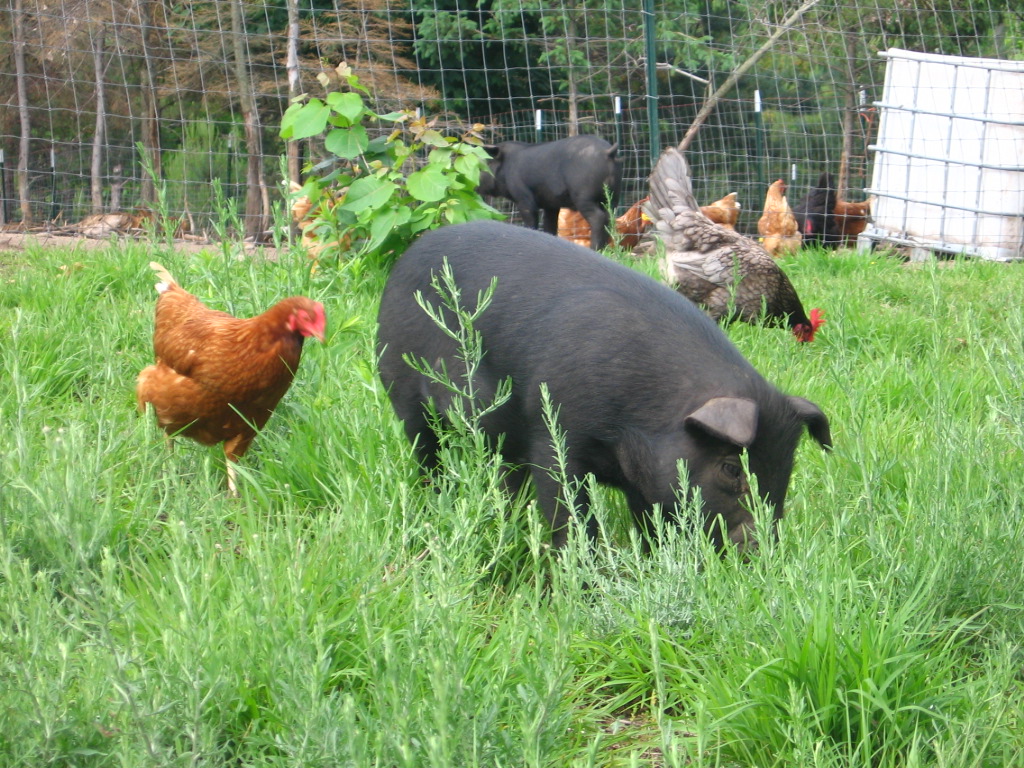I thank God for the opportunity I had to live in a Muslim-majority nation for 14 years. The Lord provided many opportunities to share the good news of Jesus Christ with my Muslim neighbors.
Because God has given every image-bearer a conscience, your Muslim neighbor has a general sense that something in his heart needs to be fixed (Rom. 1:32). Most are deceived, however, into thinking they must save themselves. Like many of the Jews in Paul’s day, they’re seeking to establish their own righteousness (Rom. 10:2–3).
In the case of your Muslim neighbor, the idea of self-salvation is instilled through a lifetime of religious teaching and reinforced by community practices and rituals.
One of the most demanding aspects of Islam involves the works required in order to earn enough merit to overcome sins. This is why Muslims make intense efforts to keep the month-long fast of Ramadan each year. Seeking merit to balance their sins also motivates many of our Muslim neighbors to perform a prayer ritual five times each day.
One reason Islam is able to deceive is because it borrows elements from the Old Testament. But this also means there are elements of truth in Islam which can help your Muslim friend begin moving toward an understanding of salvation in Christ. Muslims have strict rules and strong feelings about pork being haram (unclean).
Through interactions with hundreds of Muslim neighbors and friends over the years, I’ve found a certain illustration helpful.
Let’s Talk About Pork
 Below is a story I’ve shared many times. While your Muslim neighbor’s particular reaction cannot be guaranteed, the responses below are typical, and most of the time the story unfolds in similar fashion.
Below is a story I’ve shared many times. While your Muslim neighbor’s particular reaction cannot be guaranteed, the responses below are typical, and most of the time the story unfolds in similar fashion.
You: May I ask you a question about your religious beliefs?
Muslim Neighbor: Yes.
You: Imagine you’re offered a plate of rice, and in the rice are pieces of meat—both chicken and pork. The rice, chicken, and pork are all mixed together. It’s a normal day, you’re not starving to death or anything, and you know exactly what’s in the rice. According to your religion, are you allowed to eat the rice?
Neighbor: No.
You: But what if there’s a lot of chicken and only a little pork? Then are you allowed to eat it?
Neighbor: No.
You: But what if there’s just one small piece of pork, and the rest is chicken? How about now?
Neighbor: No. Even if there are no pieces of pork at all—just the tiniest trace of oil from a pan previously used to cook pork—I couldn’t eat anything cooked in it.
You: Okay, now may I ask you about something far more important than food?
Neighbor: Go ahead.
You: Imagine our lives are like that plate of rice. Every time we do something good, it’s like adding a piece of chicken to our plate. If I honor my parents, I add some chicken. If I pray like I should, I add some chicken. If I help the poor, I add some chicken.
But each time we sin, it’s like adding a piece of pork to our plate. If I’m not devoted to prayer, I add some pork. If I lie, I add some pork. Any type of sin I commit adds pork to my plate of rice and chicken. Now imagine on Judgment Day you must present your plate of rice and meat to God, to see if he’ll accept you into heaven or throw you into hell. Have you ever sinned, my friend?
Neighbor: Yes, of course. I’ve sinned many times.
You: That’s a big problem, isn’t it? Even though you have plenty of chicken on the plate of your life, you also have pork. Now if you, who are not the Most Holy One, cannot accept a plate of food with even a tiny amount of pork mixed in, how can God himself let you into a holy place like heaven if you have sin—which is just like pork—all mixed into your life?
Attracted But Afraid
At this point, if they seem to understand the illustration and remain open, you can proceed to sharing the gospel much as you would with any unsaved friend. In my experience, most Muslims realize they have significant sin and are fearful of Judgment Day. And remember, their God-given conscience is on your side as well as God’s Spirit, who convicts the world of sin, righteousness, and judgment (John 16:8).
Only Christianity offers a Savior—one who lived a perfect life and whose plate, to continue the illustration, has no trace of pork. But the good news of the gospel is that Jesus switches plates with sinners. He pays the penalty for our impurity on the cross, and offers us the plate we need but don’t have.
Be patient. This may be the first time they’ve heard the good news from a Christian. And they may be attracted to the gospel but afraid of the repercussions if they believe. Keep praying and loving and sharing. And above all, trust God with the results.
Is there enough evidence for us to believe the Gospels?
 In an age of faith deconstruction and skepticism about the Bible’s authority, it’s common to hear claims that the Gospels are unreliable propaganda. And if the Gospels are shown to be historically unreliable, the whole foundation of Christianity begins to crumble.
In an age of faith deconstruction and skepticism about the Bible’s authority, it’s common to hear claims that the Gospels are unreliable propaganda. And if the Gospels are shown to be historically unreliable, the whole foundation of Christianity begins to crumble.






























